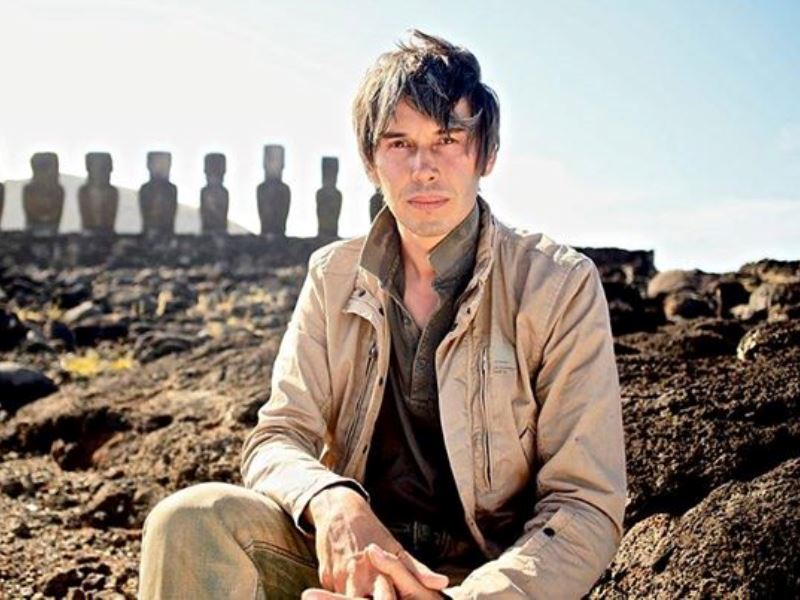-
Tips for becoming a good boxer - November 6, 2020
-
7 expert tips for making your hens night a memorable one - November 6, 2020
-
5 reasons to host your Christmas party on a cruise boat - November 6, 2020
-
What to do when you’re charged with a crime - November 6, 2020
-
Should you get one or multiple dogs? Here’s all you need to know - November 3, 2020
-
A Guide: How to Build Your Very Own Magic Mirror - February 14, 2019
-
Our Top Inspirational Baseball Stars - November 24, 2018
-
Five Tech Tools That Will Help You Turn Your Blog into a Business - November 24, 2018
-
How to Indulge on Vacation without Expanding Your Waist - November 9, 2018
-
5 Strategies for Businesses to Appeal to Today’s Increasingly Mobile-Crazed Customers - November 9, 2018
Pluto May Be Harboring ‘Aliens,’ Claim Scientists
NASA has gained new and unprecedented insights into Pluto through its New Horizons mission and while the space agency itself isn’t speculating about possibility of life on the dwarf planet, there is at least one scientist who believes that there could be life on Pluto.
Advertisement
Cox said that the most immediate prospect for finding evidence of life was on the moons of other planets closer to home.
Cox believes that underneath the mountains, is an ocean warm enough to host organic chemistry that could hold the beginnings of life. Already the probe has sent images which show presence of craters and deep scars on the surface of Pluto along with enormous mountain ranges and massive plains which are covered in ice.
However, experts still haven’t figured out what is under the frosty exterior of the dwarf planet, and would suggest that it’s highly unlikely for life to exist on its surface.
New Horizons will carry out some maneuvers in late October and early November which will send the spacecraft to its eventual destination named 2014 MU69 and nicknamed PT 1 or ‘Potential Target 1’ which it expects to reach on New Year’s Day i.e. January 1, 2019.
The professor of particle physics at the University of Manchester and the natural successor of the great David Attenborough, Cox claims that Pluto may contain a subsurface ocean warm enough to host life.
Principal investigator Alan Stern noted the existence of mountains composed of water ice confirms there is abundant water on Pluto.
“[But] it’s not as accessible, unfortunately, as Europa [one of Jupiter’s moons] or some of Saturn’s moons”.
The images captured by the probe showed that there can be a subsurface ocean on Pluto, Cox told the Times.
Saturn’s moon Enceladus emits plumes of liquid, through which we can fly probes searching for organic material.
However, Cox warned against getting too excited about finding other living things in our own galaxy.
Thus Cox concluded that probably “humans are the only complex life existing in our galaxy” as of now, which also in a way indicates that we (humans) might be physically insignificant compared to the entire Universe; however we are probably very much valuable.
Advertisement





























